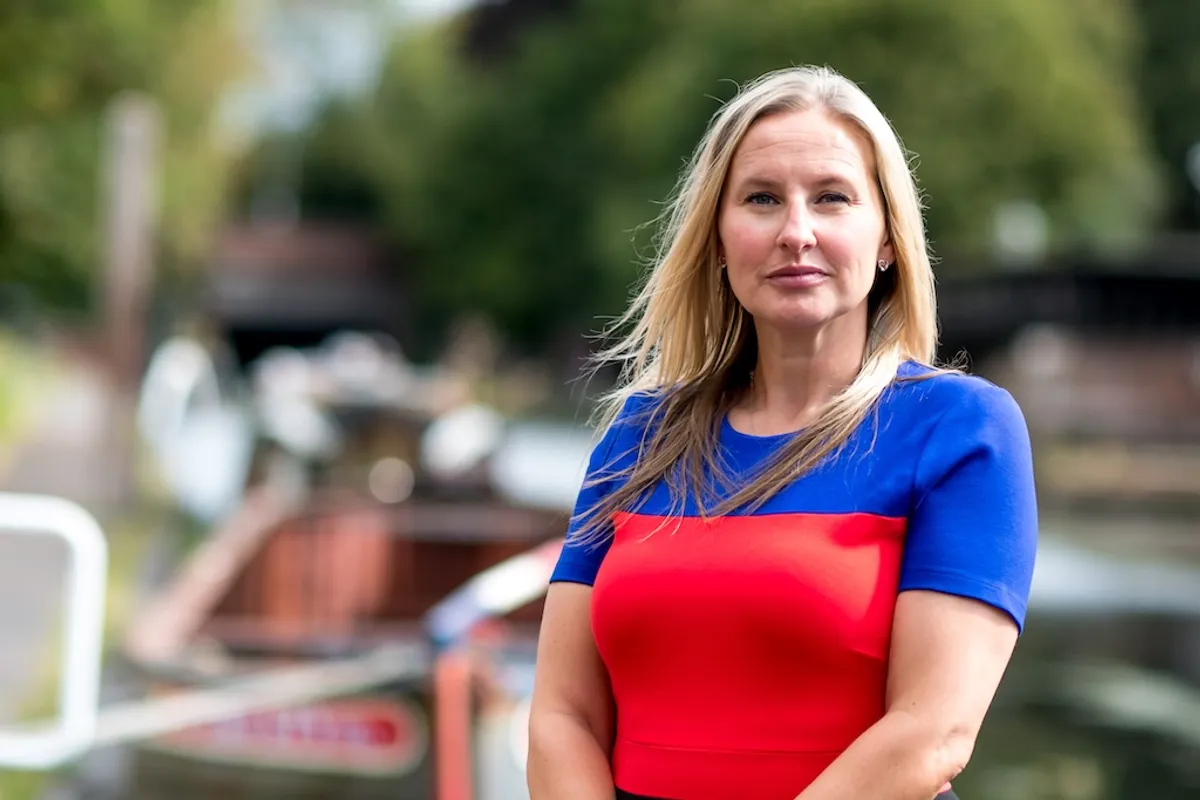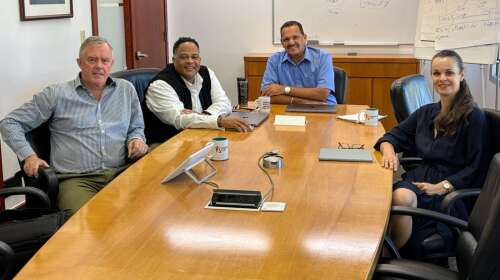Copyright expressandstar

As the November 26 Budget looms - manufacturers, a cornerstone of the Black Country with more than 3,000 firms employing 50,000 people, are already grappling with rising energy costs and supply chain disruption. Construction companies face escalating material costs and acute skills shortages. Hospitality businesses are dealing with significant wage inflation, while service sector companies are fighting to stay competitive as clients cut discretionary spending. All are united in their plea for stability and support from government. The Black Country Chamber of Commerce has submitted its 2025 Budget recommendations to the Treasury, representing more than 750 businesses in Wolverhampton, Walsall, Dudley and Sandwell. The Chamber's submission outlines three core asks: stability and predictability in tax and relief policies; support for employers through reduced or stable National Insurance rates; and restraint on further minimum wage increases and encouraging investment by retaining key reliefs and avoiding alignment of Capital Gains Tax with income tax. Sarah Moorhouse, chief executive at the Chamber, said members want clarity, consistency, and confidence. "This is a real opportunity for the Chancellor to give businesses a Budget which supports them to grow and create jobs. But we know our members fear that opportunity will be missed," she said. "The insights we have gathered from businesses of all sizes and sectors, reveal clear demand for stability, targeted reliefs and long-term planning support. They have identified rising employer costs, skills shortages, uncertainty around future tax and regulatory changes, increased utility costs and business rates and difficulty accessing finance as the critical challenges making it harder for businesses to invest, grow and plan for the future." The Chamber's concerns are being felt acutely by businesses across the region. Anthony Burns, chief executive at Wolverhampton's health cash plan provider Paycare, warns the timing and uncertainty around Budget announcements is hampering business planning. As a regulated financial services company, Paycare must forecast three years in advance but it is having to build multiple budget scenarios because the Chancellor's Budget is so close to the end of the year and there's no indication of what she will announce. Anthony said: "We’re right in the middle of our budget process, so how can we forecast effectively? What that means is I don't have that capital available at the moment because we're having to squirrel money away. So in terms of investment and growth - we're on hold. "Paycare's other concern is one shared by other SME businesses - he believes there's a fundamental lack of understanding at government level about running a business. "I have very little confidence that we have a real understanding at a national government level around running a business without public sector funding." Anthony's ask of the Chancellor is very specific - don't replace the current Insurance Premium Tax (IPT) the company already pays with VAT – which would be an increase in taxation from 12 per cent to 20 per cent – which would inevitably lead to higher prices for customers. If that happens, the not-for-profit could face some difficult choices and it’s been around for more than 150 years. He said: "They really should be removing IPT completely from our health insurance products, aligning us with much of Europe. Many countries in the EU don’t apply taxation to private healthcare products. It has been demonstrated many times that our sector eases the burden on the NHS. Virtually doubling the tax would simply discourage employers from investing in the health and wellbeing of their teams. And how’s that going to help? How’s that going to help the NHS?" For smaller enterprises, the challenges are equally pressing. Carolyn Smith, who runs creative agency TPSquared, says rising costs are forcing difficult choices. She said: “Whilst we haven't been hugely affected by NICs going up, it’s still a challenge to remain competitive in a climate that is financially pressured. When our clients are facing rising costs, there is a knock-on effect to their suppliers. "I just don't think the Government has the insight or the business experience to be able to make the decisions for organisations which are privately owned, employing people, working hard and supporting the economy." Carolyn is calling for the reintroduction of significant small grant schemes to help businesses invest in equipment and technology. Once supported by European funding, since Brexit Government grant support schemes have been slashed. She said: "There seems to be support still for manufacturers to get funding for big bits of kit. But we do still need to have top of the range hardware and software to support the work that we do, which includes helping to support the next generation of creatives. I think the creative sector is often overlooked. We still have to be innovative, we still have to be using cutting edge technology to stay ahead of the game." The pressures are particularly acute for charitable organisations. Lisa Sadler-Todd is chief executive of Beacon Centre for the Blind, and similar to Paycare and TPSquared, is part of the Chamber's Bostin' Black Country Business campaign. She said: "We employ around 100 people, many on flexible contracts, and we're facing a double whammy, hit by both reduced corporate donations and higher employment costs. "We are reliant on either grants, contracts or support from businesses and organisations across the Black Country. But we've had a number of businesses saying to us, we can't give you as much money as we have in the past because of the impact on national insurance." Lisa has clear demands for the Chancellor. She wants to see a change to the employment threshold and national insurance employer threshold. She said: "We would like to see that dropped. I don't think it will, but that would make a significant impact in terms of our ability as a business to employ people and to see people staying in sustainable employment." She wants "a realistic and pragmatic view around the costs on employers. I think we want to see growth and we want to see more people in work. If employers can't afford to employ people, then we're not going to see that." Gareth Jones, managing director of award-winning In-Comm Training and also a Bostin' business, says the emphasis from the Chancellor needs to be on long-term planning. He said: "We are seeking a clear, long-term funding plan aligned with the objectives set out in the much-awaited Industrial Strategy published in summer 2025. "This, alongside a forward-looking spending strategy, should give businesses the confidence and stability to plan effectively without being blindsided by sudden policy shifts."



